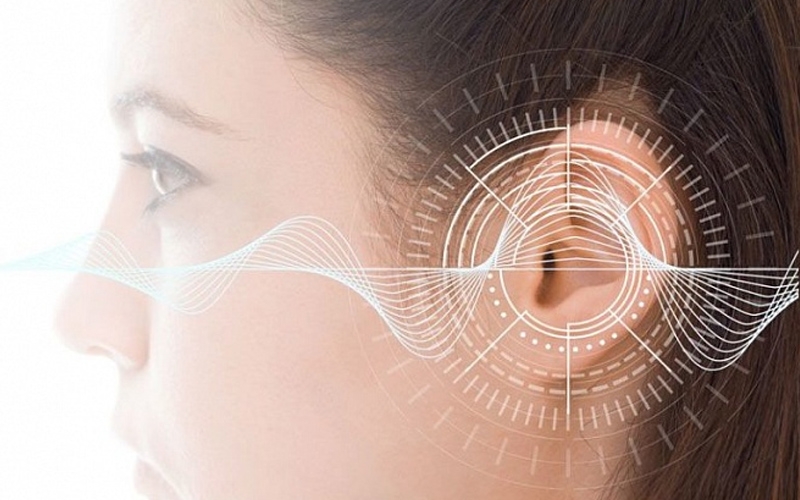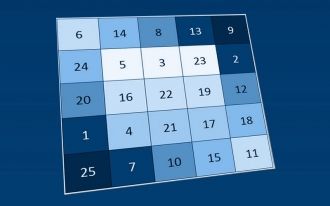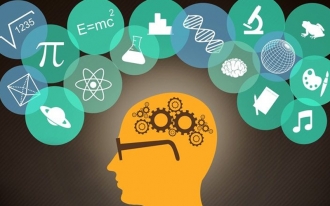- BRAINTRAIN |
- Blog |
- Attention |
- Developing Auditory Attention

Bogdan Moroz 18.10.2019 3520 Comments
Parents of preschool or early school-age children are often concerned about developing auditory attention, as their children struggle to process and effectively absorb auditory information. This process is essential in the general education system, requiring children to process phonetic signals and transform them into mental images. We’ll explore how to develop this skill, regardless of age or ability, in this article.
The Holistic Concept of “Attention”
Although everyday speech and some literature distinguish concentration abilities by sensory system type, psychology as a science recognizes only a holistic concept of attention, encompassing all receptor organs, systems, and corresponding brain analyzers responsible for initial and subsequent signal processing. In other words, science defines “attention” as a complex, indivisible process comprising multiple components. Thus, issues with any information perception type—visual, auditory, or otherwise—require training attention as a whole, not just one type.
Undoubtedly, difficulties may arise from impaired or limited receptor functionality, but this is a medical issue requiring specialist intervention, not a matter for psychological trainers.
In other cases, attention deficits stem from the brain’s inability to work cohesively and focused, quick fatigue, or distractibility, which can and should be addressed with attention trainers and special exercises.
Features of Auditory Attention
This concentration type relies on the ability to focus on a specific sound or set of sounds, differentiate phonetic information, prioritize important data, analyze, and transform it into a mental image for memory processing.
This ability is innate and develops from birth, as seen in children, where sound concentration and recognition are effectively trained.
Auditory attention is crucial for natural speech development and understanding interlocutors, significantly impacting communication and social environments. It also influences foreign language learning and communication ease. A well-developed auditory analysis system enables simple sound analysis, recognizing syllables and phonemes, distinguishing non-speech sounds, differentiating similar-sounding or meaning words, and detecting voice strength, timbre, pitch, and emotional tone.
In oratory, it’s the ability to recognize and use intonation to convey desired speech tones. Further auditory skill development is essential for mastering musical instruments or singing.
Training auditory attention is most effective in preschool and early school years, continuing naturally during educational activities. The efficacy of auditory concentration exercises doesn’t diminish in adulthood, but comprehensive attention training yields better results, adapting to any stimulus perception type.
Exercises for Developing Auditory Attention in Children
Sound Orientation in Space – A concentration exercise helping children identify a sound’s direction and source. The child, blindfolded, guesses which side a sound comes from and points to it. This can’t be simulated in online trainers, as it requires a moving sound source (e.g., a toy, bell).
Whispered Conversations – An excellent way to boost concentration on auditory information, training both attention and auditory receptors to handle quiet, subtle sounds.
Sound Source Differentiation – A simple game for young children to memorize and distinguish sounds by origin. Show the child objects and their sounds (drum, rattle, toy, flute), then have them turn away and guess what sounded.
Missing Word – A game for older children, enhancing phonemic hearing and memory. After repeatedly reading a poem or passage, omit the last word and ask the child to recall and add it.
Expressive Speech – A great exercise teaching children to form sentences and articulate thoughts clearly from a young age. Ask the child to explain a known word’s meaning to their favorite character, developing attention, thinking, and memory.
Sound Analysis – A complex task targeting not only sound perception and differentiation but also processing heard information. Assign a syllable to find in a word, determining its position (start, middle, end). This is a full attention and thinking training, evenly distributing load across analysis centers despite focusing on auditory analyzers.
Visual Phonetic Analysis – Combines visual and auditory systems, requiring strong concentration and effort, showing good results in comprehensive attention development across ages. Assign a syllable or sound group, then ask the child to name room objects containing it. Add complexity by specifying the sound’s position (e.g., word’s end).
Reverse Word Pronunciation – A fun game and excellent auditory attention trainer, requiring strong concentration and phonetic memory.




